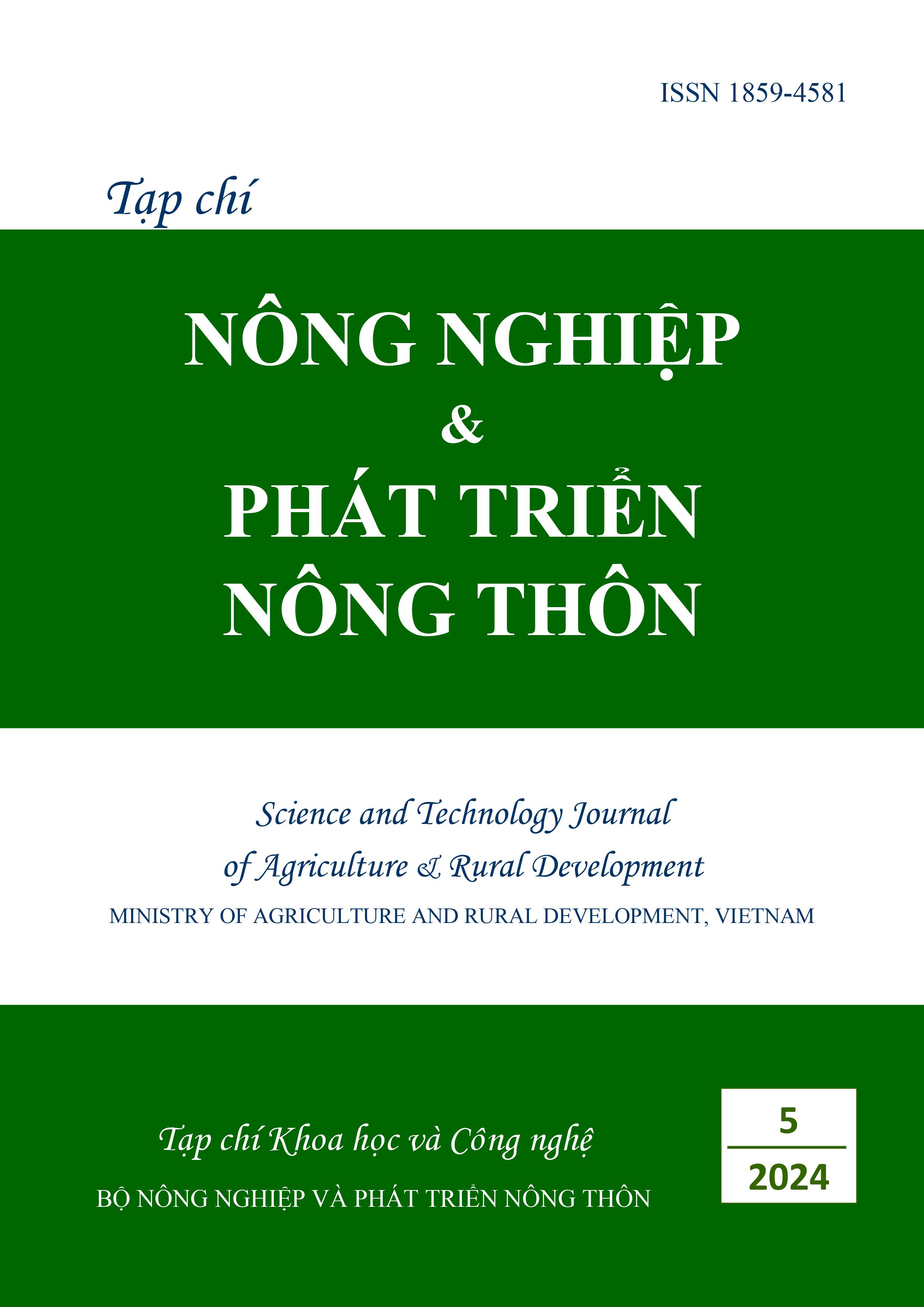Optimization of culture condition for useful microbial strains to treat organic solid waste into fertilizers
DOI:
https://doi.org/10.71254/3rb9r784Keywords:
Organic solid waste, microbial fertilizer, optimization, waste treatment, microorganismAbstract
This study selected and optimized the fermentation medium for biomass collection of three useful microbial strains: Bacillus velezensis N24, Bacillus amyloliquefaciens NT and Trichoderma sp. N1 with the characteristics of strains capable of metabolizing diverse organic compounds (starch, cellulose, protein, and pectin), as well as capable of biosynthesizing IAA, degrading insoluble phosphate, and fixing nitrogen, resistance to pathogenic microorganisms. The recommended process parameters for N24 strain biomass collection of strains are medium supplemented with 4.5 g/l starch, 8.25 g/l peptone, innitial pH 7, temperature 34oC, 150 rpm shaking speed. Under these conditions, the wet biomass content of strain N24 can be reached 27.55 g/l. For the NT strain, fermented medium supplemented with 3.87 g/l starch, 8g/l peptone, innitial pH 7, temperature 35oC, shaking speed 150 rpm, the wet biomass content reached 29.32 g/l. For the N1 strain, fermented medium containing 5 g/l starch; 6.85 g/l peptone; innitial pH 6; temperature 32oC, shaking speed 77 rpm, the wet biomass content reached 39.21 g/l. Initially, a microbial product was created on the carrier to process organic waste into standard fertilizer.






